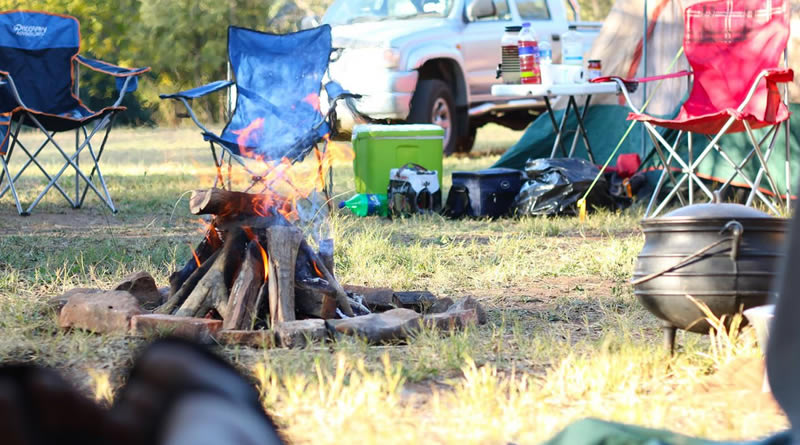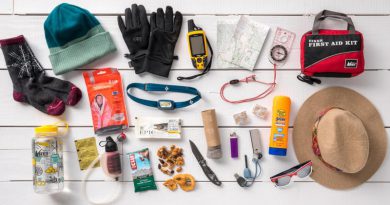Precautions to Take for Outdoor Living
Living in an outdoor environment offers a unique and fulfilling experience, allowing us to connect with nature and enjoy the beauty of the great outdoors. However, it is essential to take certain precautions to ensure our safety, comfort, and well-being. In this article, we will explore the precautions that should be taken for outdoor living.
1. Shelter and Protection
When living outdoors, it is crucial to have adequate shelter and protection from the elements. Depending on the climate and location, this may involve using a sturdy tent, a weatherproof shelter, or even a mobile living unit designed for outdoor living. The shelter should provide protection against rain, wind, extreme temperatures, and insects to ensure a comfortable and safe living environment.
2. Safety and Security
Safety should be a top priority when living in an outdoor setting. It is essential to be aware of potential hazards and take necessary precautions. This includes securing the living area to prevent wildlife intrusion, having a reliable means of communication in case of emergencies, and being knowledgeable about first aid techniques. Additionally, familiarizing oneself with the local flora and fauna can help identify potential dangers and prevent accidents.
3. Cleanliness and Hygiene
Maintaining cleanliness and practicing good hygiene is essential when living outdoors. This includes proper waste disposal to prevent environmental contamination and the spread of diseases. It is advisable to have designated areas for waste disposal and to follow Leave No Trace principles, which promote minimal impact on the natural environment. Regular handwashing and maintaining personal hygiene are also crucial for overall health and well-being.
4. Water and Food Safety
Access to clean and safe water is vital for outdoor living. It is important to have a reliable source of potable water or to have proper water treatment methods in place. This can include using water filters, purifying tablets, or boiling water to ensure its safety for consumption. When it comes to food, proper storage and preparation techniques should be followed to prevent foodborne illnesses. Keeping perishable items refrigerated and practicing safe cooking practices are essential.
5. Environmental Awareness and Conservation
Living in harmony with the environment is an integral part of outdoor living. It is essential to have a deep respect for nature and to practice responsible environmental behavior. This can involve minimizing waste, using eco-friendly products, respecting wildlife habitats, and participating in conservation efforts. By being environmentally conscious, we can help preserve the natural beauty and resources that make outdoor living possible.
By taking these precautions, individuals can enhance their outdoor living experience and ensure a safe and enjoyable time in nature. Remember, each outdoor setting is unique, and it is important to adapt and prepare accordingly based on location, climate, and personal needs.
In conclusion, while outdoor living provides an incredible opportunity to reconnect with nature, it is essential to take precautions to ensure safety, comfort, and environmental responsibility. By prioritizing shelter and protection, safety and security, cleanliness and hygiene, water and food safety, and environmental awareness, individuals can make the most of their outdoor living experience.
Let us embrace the wonders of outdoor living while also being mindful of our impact on the environment. By taking these precautions, we can create a harmonious balance between our desire to live in nature and our responsibility to protect it for future generations.




